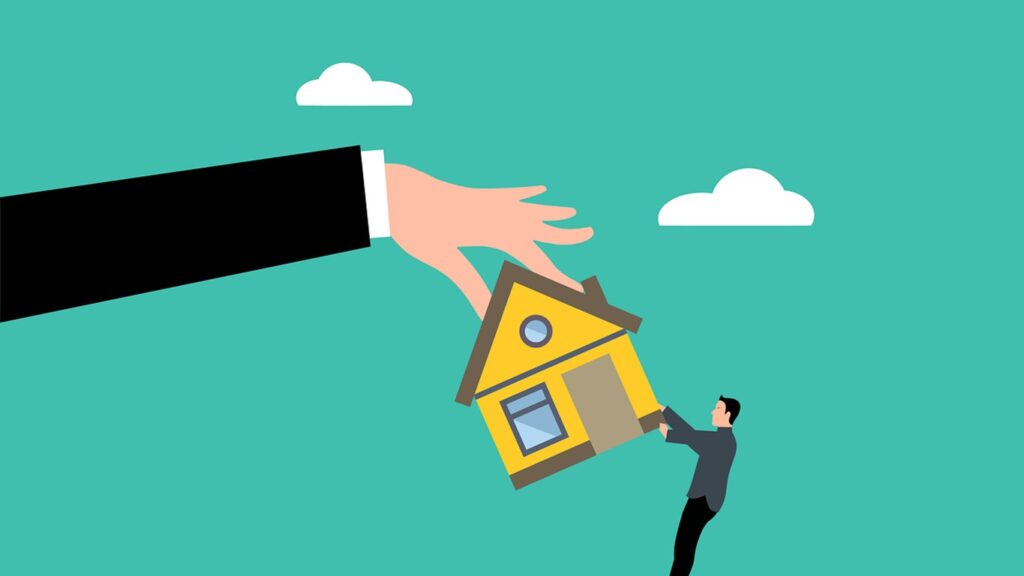
Our partner Iñigo Sánchez del Campo reflects on the future of the Real Estate Sector, which must continue to grow, change and adapt to new formulas, be it the metaverse or any other virtual world.
The real estate sector has been one of the benchmarks of our welfare economy for years, it is always in continuous growth; as if it were a chameleon, it has been able to adapt constantly.
It is true that we all need a house to live in (rented or owned); that the brick is the safest investment (that of our parents and that of the main world mutuals) and that civilizations are born from large cities (Rome or Greece). Society is born and grows around a house. Looking at it this way, we might think that the real estate is already old, but it is not.
Even though it is essentially the same (renting, buying and selling has been done for centuries) something has changed in the real estate sector. We are no longer talking about owners or landlords, now we are talking about funds, holders or Socimis (Listed Real Estate Investment Companies). We are no longer talking about shared housing, now they are coliving or coworking. We no longer rent vacation apartments, we now rent tourist or short-stay housing. They are no longer homes or houses, they are now lofts. And, although it may seem to be a lie, all of the above is already outdated, out of fashion. New formulas are emerging, such as the skinny pants that left the elephant leg behind. Today we talk about the metaverse as if it were the most common thing.
That’s right, today we live in two realities, ours and that of the metaverse. If we didn’t have enough with buying our own house (with the effort that it entails and more than one help) now we also buy it in the metaverse. The large developers are already meta-building, there are already meta-developments. The ability to buy our house, choose our school or, as a friend did, build the stairs to Philadelphia City Hall (Rocky) is a reality, sorry, a virtual reality.
The question I ask myself is, how do I invest? How do I buy my house? With legal tender (euros or dollars) or with virtual currency (e.g. bitcoins)? Easy. It is bought with virtual currency, well, rather with real currency than with the one you bought the virtual model with (no matter how much the world changes, money will always be money). And, once I have bought my house or the house in the square (Malibu) that I cannot buy today in Torremolinos, what do I do if I want to sell it? Are there any intermediaries in the metaverse who can find a buyer for me? What if I need financing? Will the bank give me a meta-mortgage? Of course, if I don’t pay the meta-mortgage, can I be evicted? I think these are many questions that, although they may seem fictional, are at the very least to be asked in order to avoid many future problems. Virtual reality cannot move faster than legal and real security.
Real estate must continue to grow, change and adapt as it has always done, even trying new formulas (metaverse or any other virtual metroworld), but without forgetting its roots, its essence. The real estate sector is where the company is born and its strength will be its own. Real estate 3.0 may have to have virtual participation and be metamarvelous, but it must also look for alternatives to reach all people and populations. For example, for home ownership, seek the use of cheaper and more resistant materials; the growth and use of prefabricated housing that allows faster and cleaner construction; the opening of new financing resources through bank and private investments (purchase options); an infrastructure network that connects us and allows us to avoid population concentration in order to return to the emptiest populations; among others. And, for the leasing sector, greater legal and juridical security, professionalizing leasing and its management, with landlords investing in their buildings, adjusting rents to a secure and stable market.
Real estate is a driving force in the economy, which continues to fulfill the dream of every person to build a home. Real estate does not grow on its own, it grows with us.


